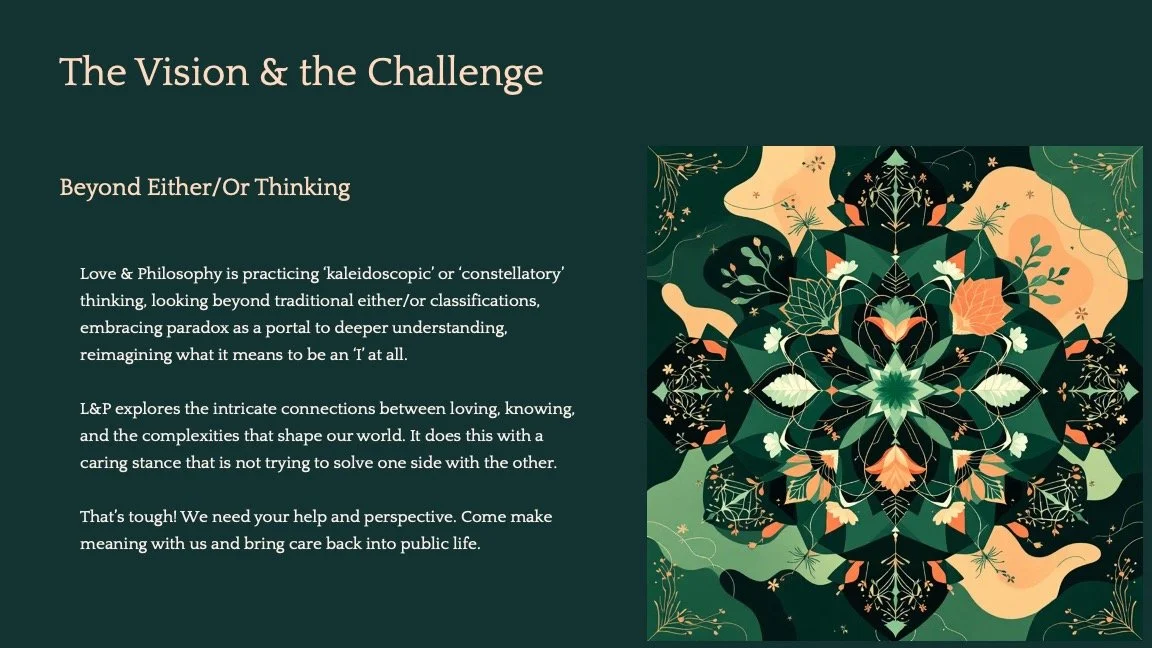Beyond Dichotomy.
Conversations beyond dichotomy. Mostly unscripted. Public care. Thinking kaleidoscopically. Living philosophy.
FAQ: Andrea Hiott’s book ‘Holding Paradox: the navigational approach to mind and consciousness’ is to be published in 2026. The much lighter 44-page Making Ways pamphlet Embracing Paradox is here. If you’re interested in the Making Ways philosophical index, you can sign up for that here. Radical relation paper is here. Deck and scheduling link is here. If you would like to contribute to this project or share ways you have found to move beyond either/or in your work, reach out to us at admin(at)loveandphilosophy.com any time.
Listen on your favorite platform.
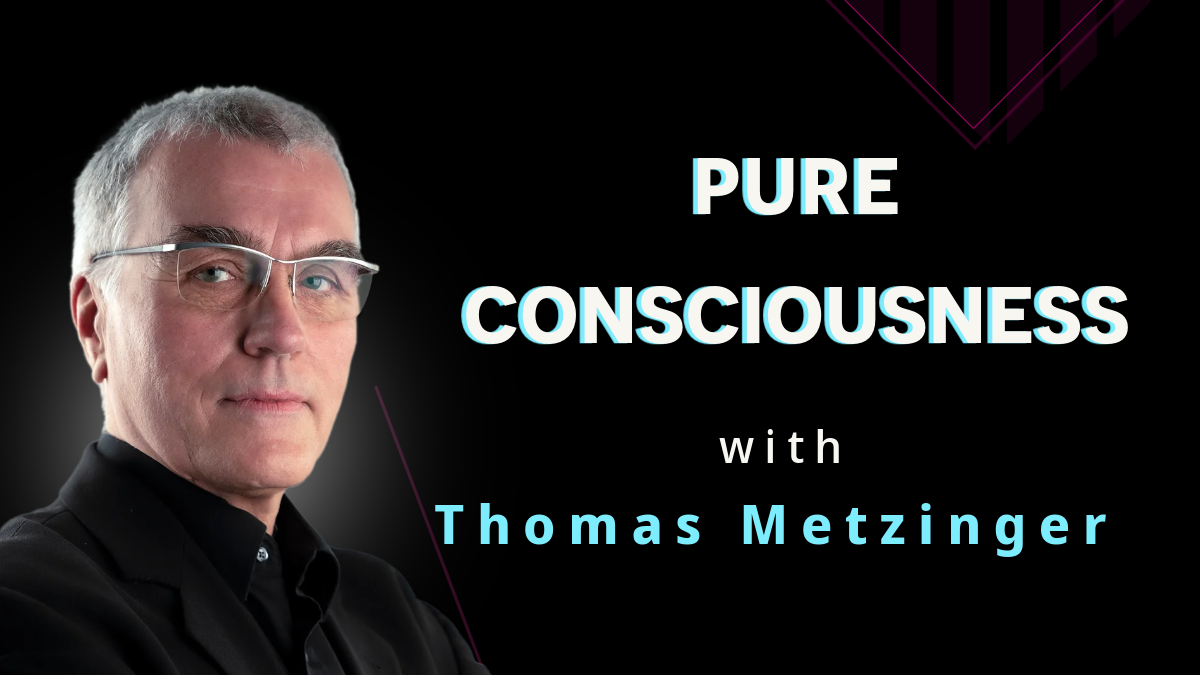
Pure Consciousness
Pure consciousness with Thomas Metzinger
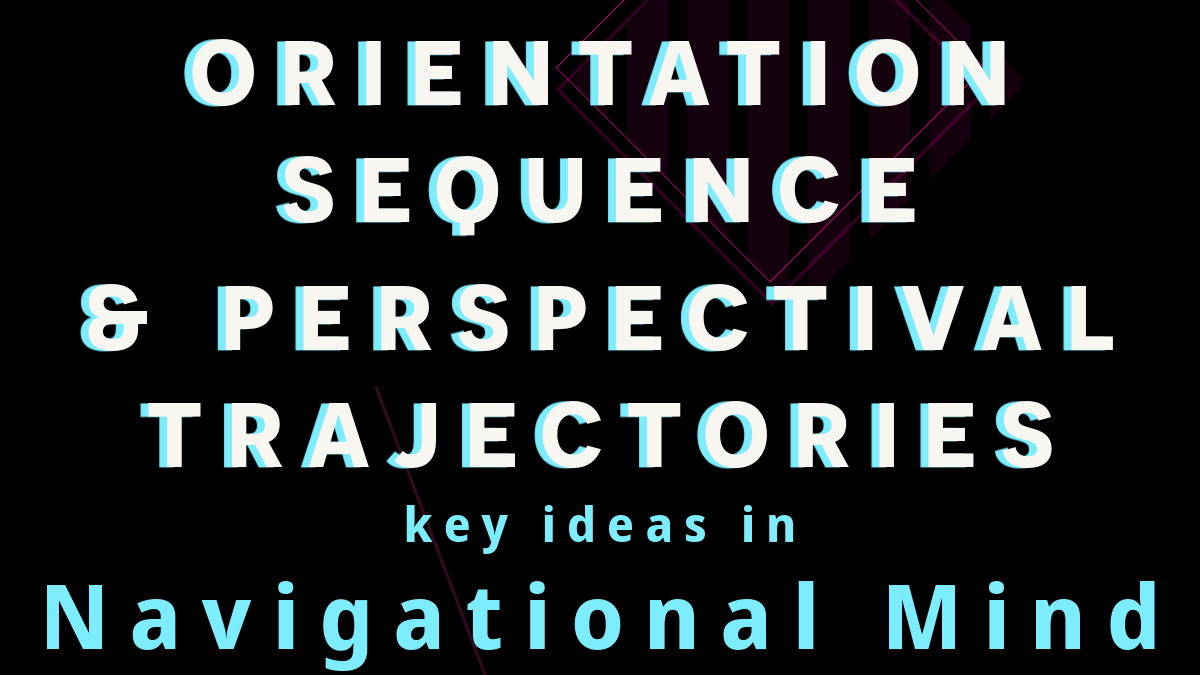
Waymaking: starting to understand it through Orientation, Sequence and Perspectival Trajectories
way-making approach key ideas: orientation, sequence, perspectival trajectories
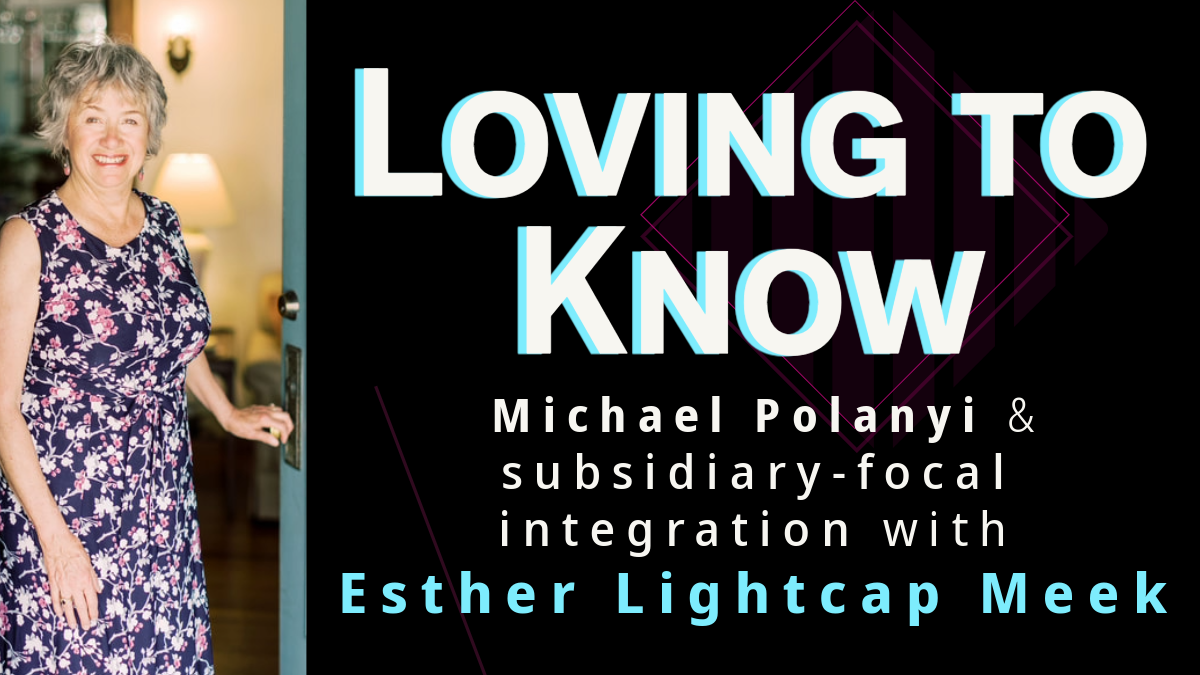
Loving to Know with philosopher Esther Lightcap Meek
Loving to Know, Michael Polanyi and Esther Lightcap Meek
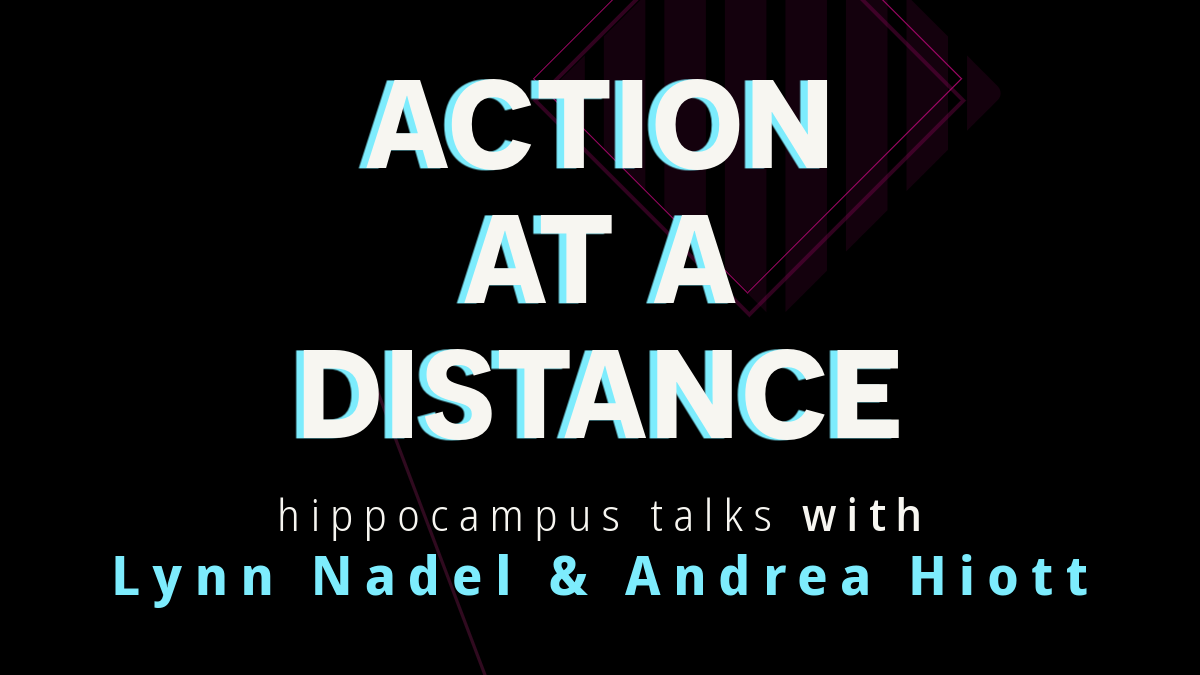
The Hippocampus & Action at a Distance
memory & action at a distance with Lynn Nadel

Politics in Love and Power with Jamie Bristow
holding (and being held by) love and power without losing either with policy advisor Jamie Bristow and cognitive scientist Andrea Hiott

memory, space, time
research ramblings in cognitive science with andrea hiott, diary for dec 5th
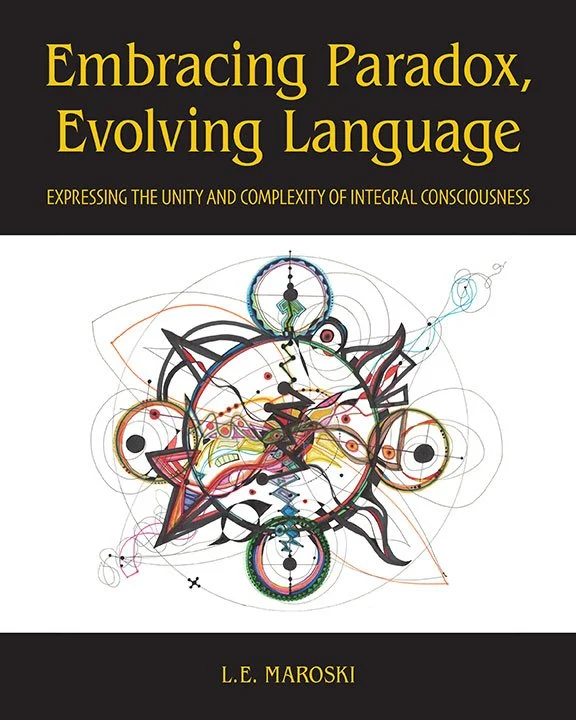
Embracing Paradox, Evolving Language with Lisa Maroski and Andrea Hiott
Evolving Language via Paradox with Lisa Maroski

The Care of Things
The Care of Things: fragility is not the opposite of strength
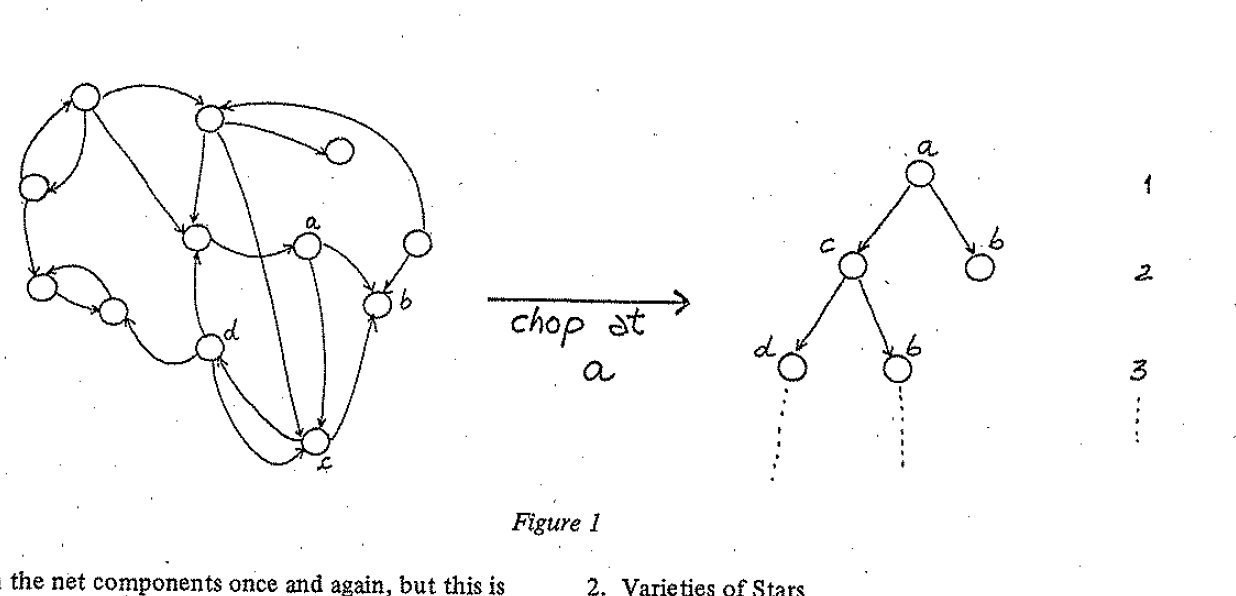
Not One, Not Two: Star Cybernetics to Constellation Cognition
Not One, Not Two: Star cybernetics and constellation cognitions

Interbrain synchrony and human connection
What If Connection Isn’t Only About Being in Sync?

Moving Beyond Binaries in Education Tim Logan & Andrea Hiott on Future Learning Design
Moving Beyond Binaries in Education

Thought Collectives & Sharing Space
Thought Collectives Sharing Space

Radical Memory
Radical Memory as Embodied, the process of communication with your body and world: Andrea Hiott’s Radical embodied memory idea

Hippocampus Love with Lynn Nadel part 4
hippocampus love
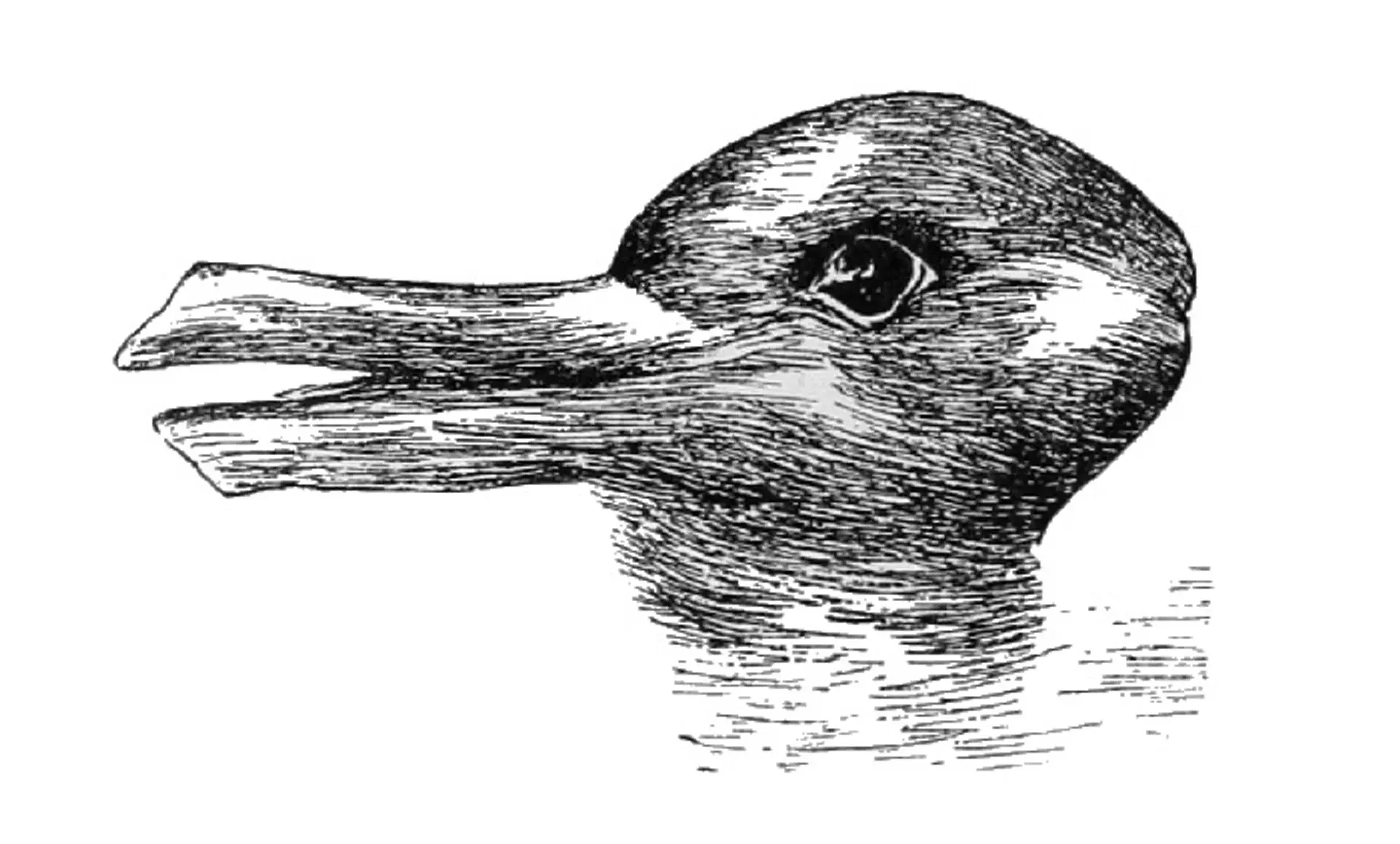
Constellation Thinking
kaleidoscopic cognition and constellation thinking, seeing at least three in everything

E-cognition, ecog by Andrea Hiott
cognitions as a complex web connected by consciousness beyond thought

Enough of this Harrowing: Life on the Mobiüs Strip with educator and author Parker Palmer
In the belly of the paradox with the beloved Parker Palmer
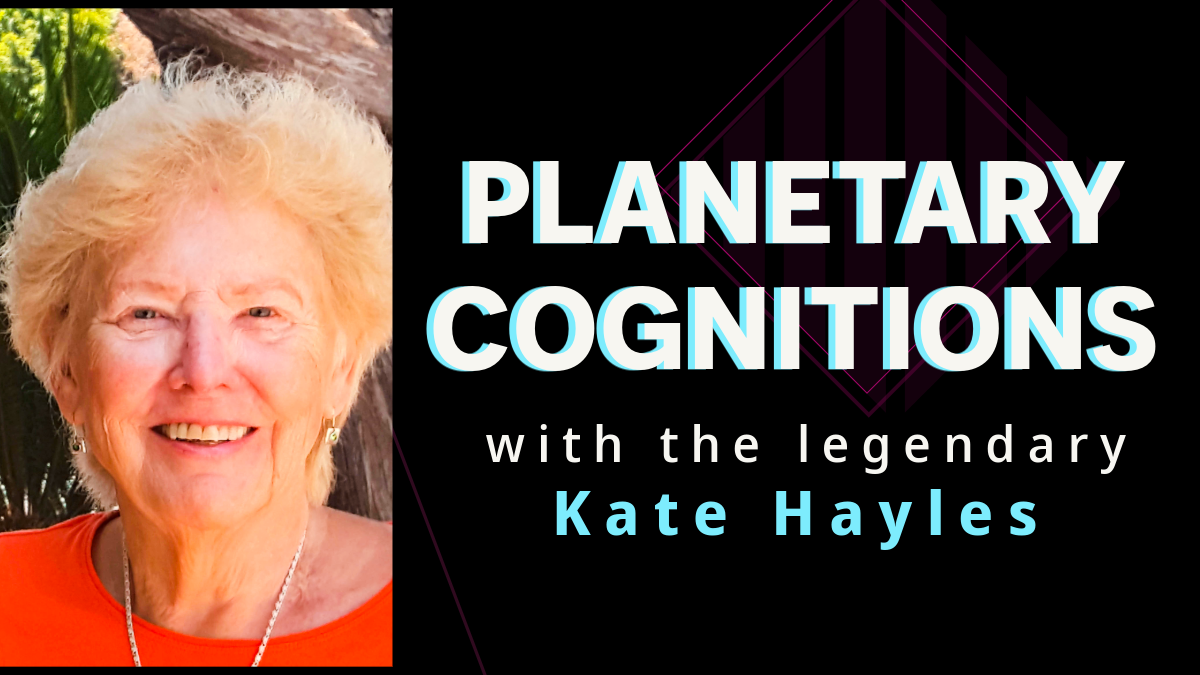
Our Planetary Cognitive Ecology, from Bacteria to AI: Expanding the Circle of Care with Kate Hayles
Our Planetary Cognitive Ecology, from Bacteria to Bach: Expanding the Circle of Care with Kate Hayles

Dialectic, Democracy & the Phenomenology of Double Consciousness
dialectic, democracy and double consciousness
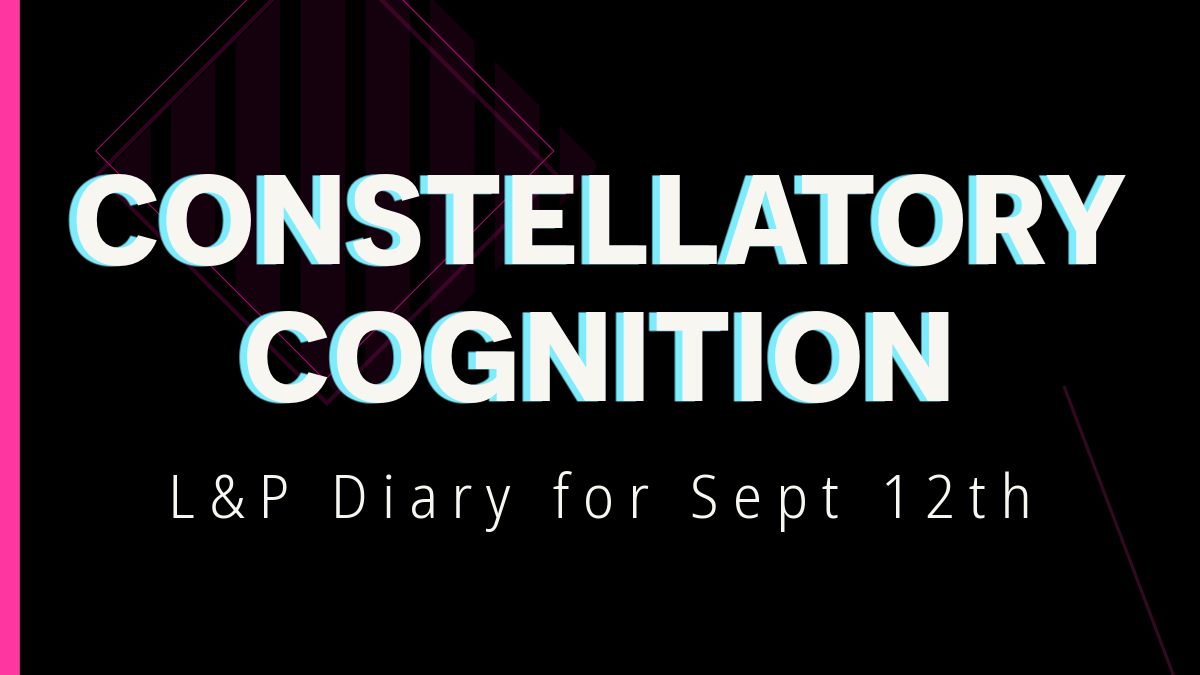
Constellation Thinking
cognitions as a complex web connected by consciousness beyond thought
Subscribe to our newsletter
Subscribe to our newsletter
Love
Love
It really helps.
The Embrace of Contradiction.
A Light Little Guide for the Times (44 pages)
This is Book One of the Embracing Paradox pamphlet series published by Making Ways. It’s about the ability to hold seemingly contradictory ideas in mind at once, while maintaining motivation and meaning in troubled times.
As F. Scott Fitzgerald wrote: "The test of a first-rate intelligence is the ability to hold two opposed ideas in mind at the same time, and still retain the ability to function." This book is a step in that direction.




